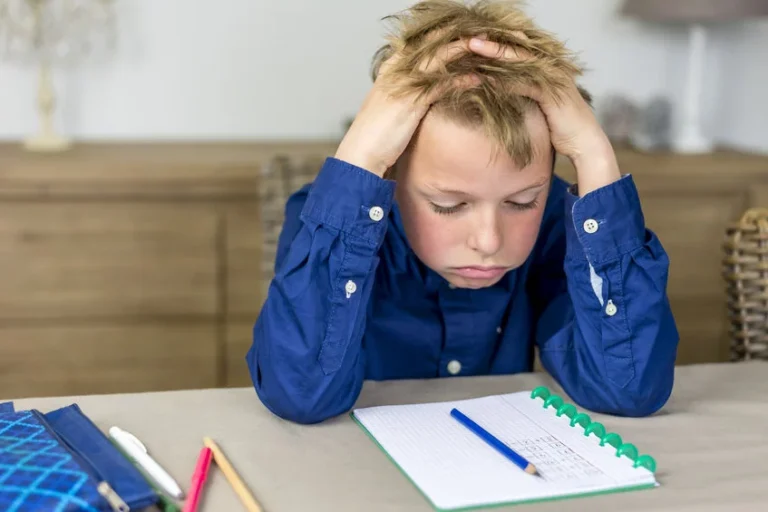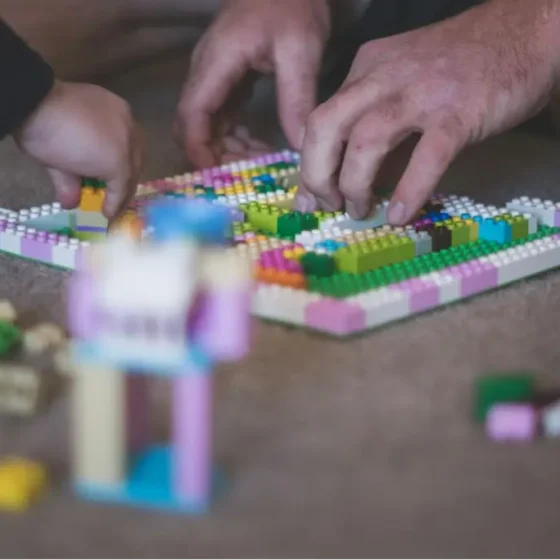Self-regulation is the management of one’s own behavior
-it is the ability of a person to balance and regulate the arousal they experience on a daily basis, or in situations where something stressful is happening, and return to a state of calm and relaxation.
Usually, an attempt is made to regulate emotions when experiencing unpleasant emotions, such as anxiety, sadness, or anger. The most common strategies for dealing with negative arousal include stimulating moodby increasing dopamine levels or a series of avoidance responses.
The high frequency and / or intensity of incorrect strategies can lead to addiction and emotional distress.
Participants receive help from their supervisors and from each other in regulating five areas of functioning: biological, emotional, cognitive, social, and prosocial.
During the sessions, therapists use the method of self-forgetfulness, which involves the perception of “problematic” behavior as signs that the young person is experiencing excessive stress.
This method is aimed at changing your mood, concentration level, and ability to start and maintain friendships and practice a sense of empathythat is limited in self-centered adolescents by nature.










